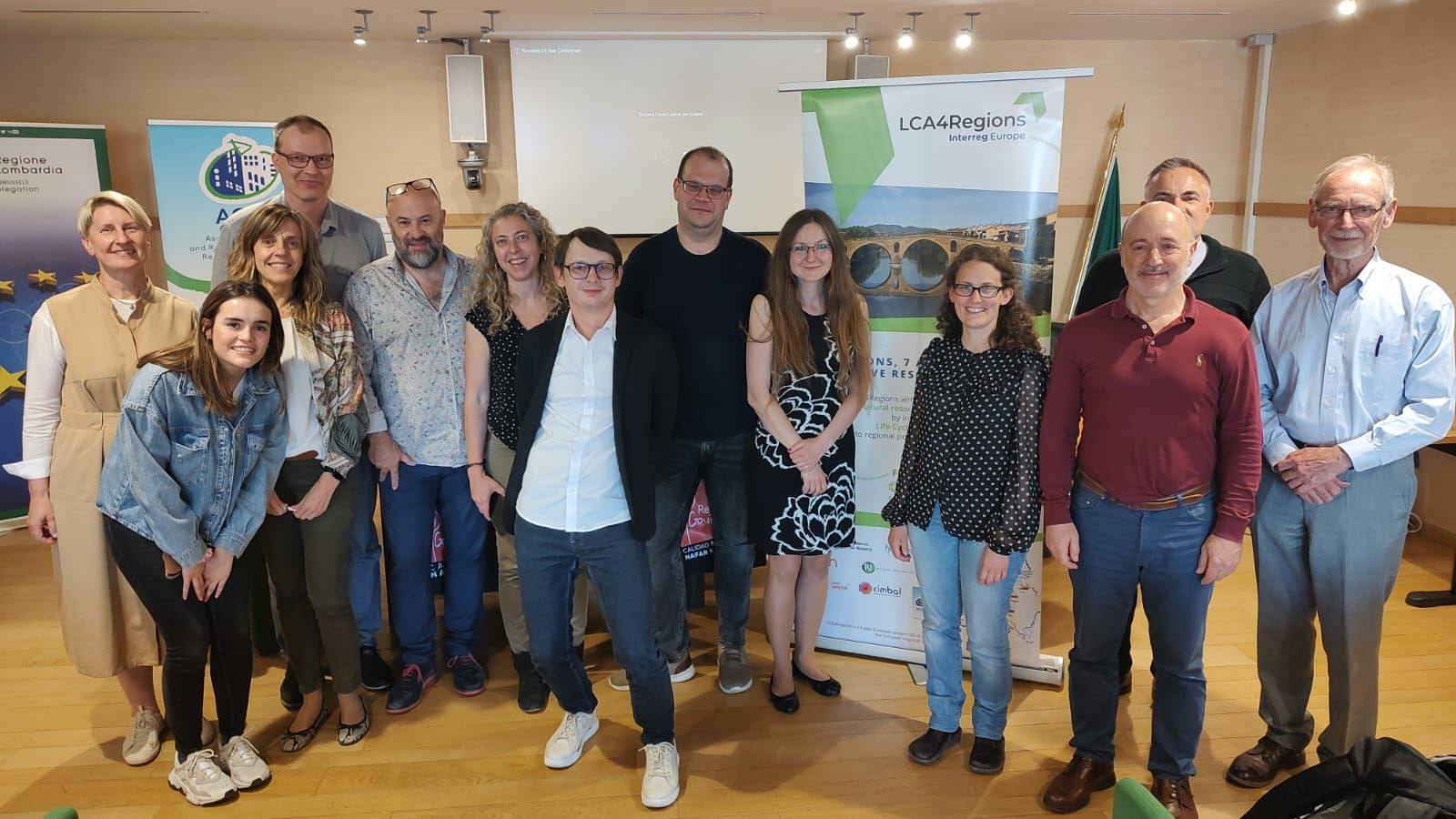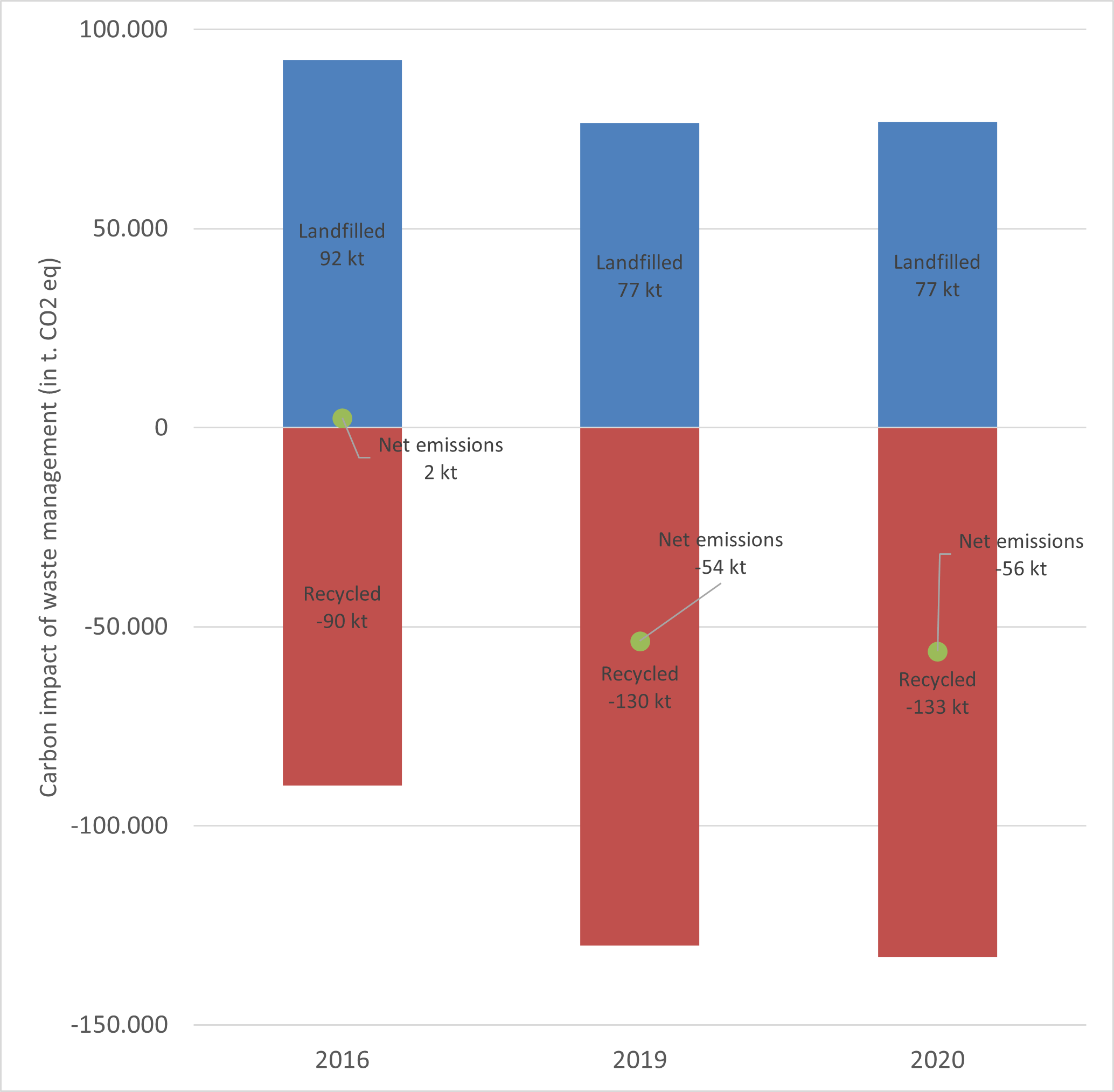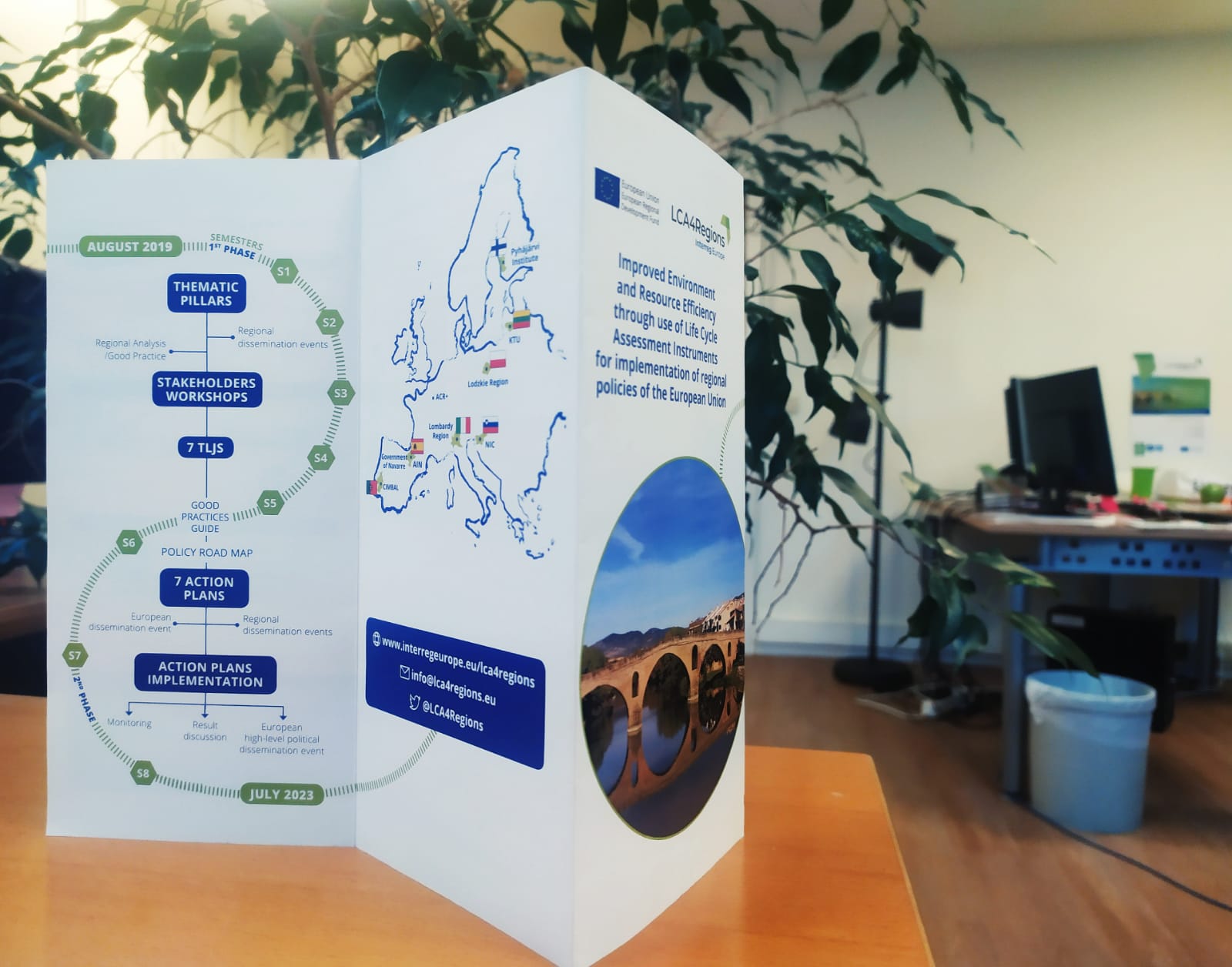Learn more about life cycle!
Fritz Balkau, expert of LCA4regions, share with us his knowledge on LC in a series of articles. After introducing the importance of life cycle thinking for development and the many ways of planning for regional development, this information package unveils episode #2. Get a glimpse of the concept of LCA and the most common form of LCA!
So, what is LCA?
LCA, or to give it the full title, Life Cycle Assessment, is a systematic way of reducing environmental and social impacts inherent in the life cycle of projects, products and materials. It does this by quantifying the inputs, emissions, wastes and other consequences along the entire life chain according to a formal procedure standardised under ISO 14 040. See https://www.iso.org/standard/37456.html. After a ‘scoping’ step where the boundaries of the study are determined, it uses available scientific data to calculate the potential (or actual) impacts of what is being studied. LCA can determine the impact of an individual material, service or project, as was shown in the TLJ in Lithuania during the first Transnational Learning Journey (TLJ), but is also often used to compare various alternatives, as for example for different energy sources, for types of food containers, for waste disposal technologies, or for sustainable building materials.
Are there different types of LCA?
The most common form of LCA calculates all pollution effects along the life cycle of a manufactured product. Other applications are coming into use also, such as calculating regional land-use and biodiversity impacts, the social implications of a project, or the chemical hazards of chemicals we purchase. Life Cycle Costing (LCC) reveals the total cost – internal and environmental/social - over the life cycle of a project, especially useful for integrating the total end-of-life costs of infrastructure projects, such as, for example, power stations. Materials Flow Analysis (MFA) is useful for understanding the ‘sources and sinks’ of the various products, wastes and materials that flow into and out of our regions so as to put in place management measures to ensure safe and sustainable use of such materials. Thus a recent MFA study in the Caribbean focussed on the flow and fate of plastic containers. Charity begins at home - regional institutions can use Organisations Life Cycle Assessment (O-LCA) to identify and then reduce their own sustainability footprint, setting an example to others, and gaining insights along the way. All of the above methods were discussed by the LCA4Regions partners at the first TLJ in particular LCA, MFA and LCC, aiming not only at regional pollution reduction but also social and health outcomes.










